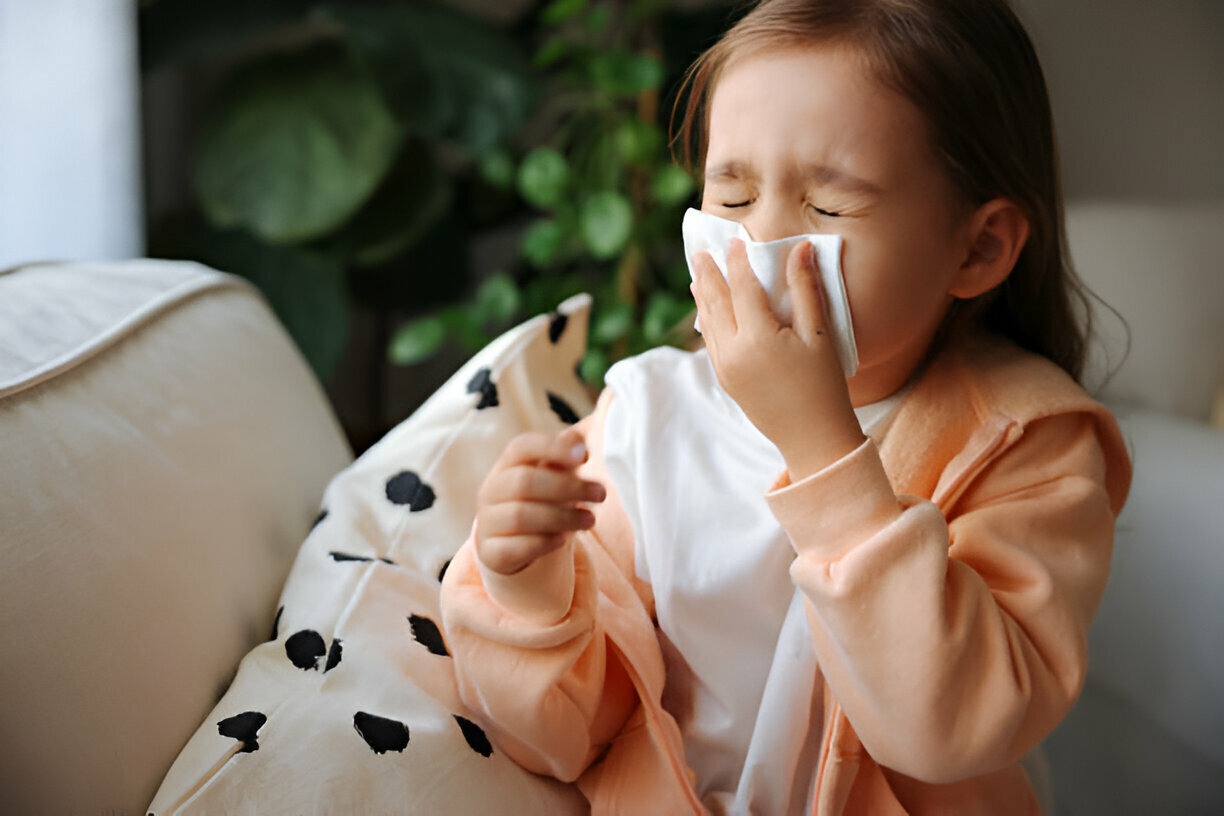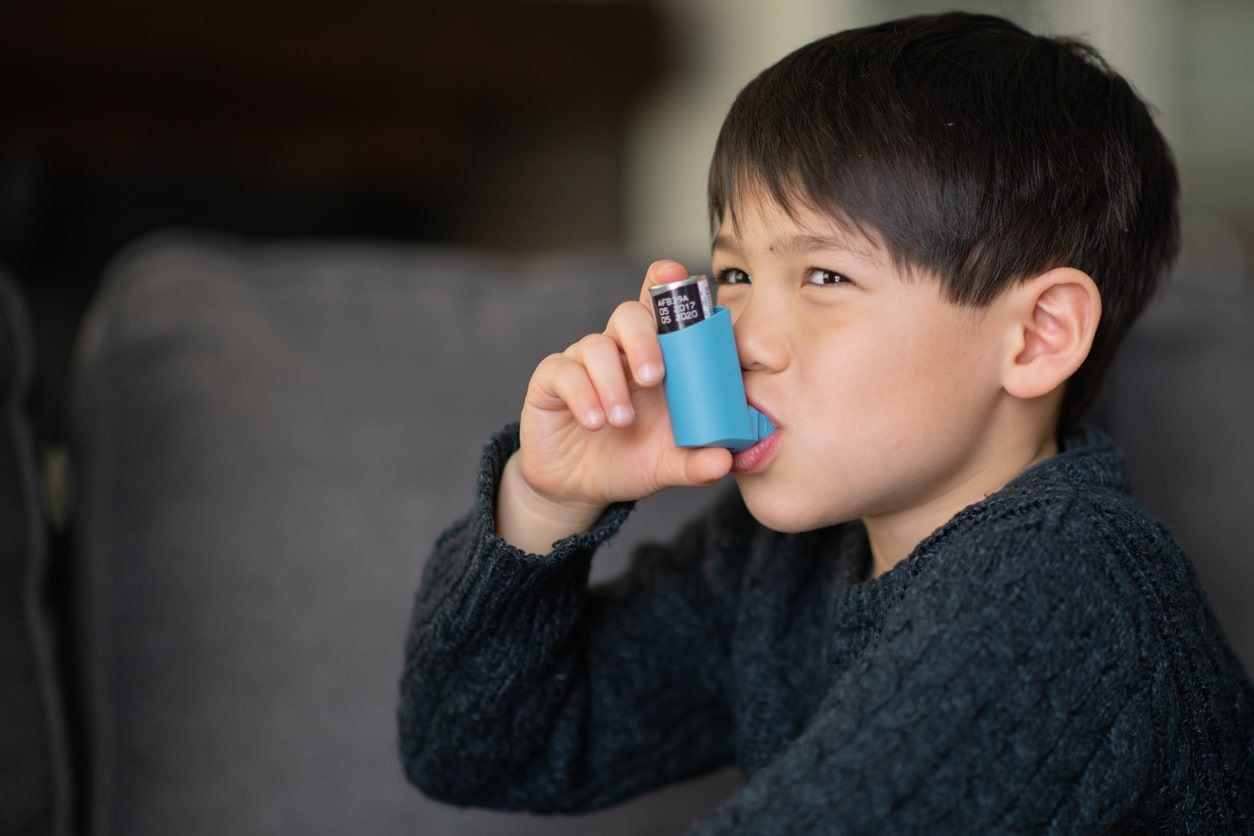Over the years of my pediatric practice, I’ve seen a steady rise in children suffering from allergies be it sneezing during weather changes, frequent skin rashes, or food reactions. Understandably, allergies can make both children and parents anxious. But with the right knowledge, allergies are manageable, and your child can lead a healthy, active life.
This blog is a practical guide for parents dealing with common childhood allergies covering the triggers, treatment options, and preventive care that I personally recommend.
What Causes Allergies in Children?
Allergies occur when the immune system reacts abnormally to substances that are usually harmless. These substances called allergens can be found in food, air, or on the skin.
Some of the common allergy triggers in children include:
Dust mites, pollen, mold, pet dander
Certain foods (milk, eggs, peanuts, seafood)
Insect bites
Strong smells, smoke, or pollution
Weather changes (especially during spring or monsoon)
Children with a family history of allergies or asthma are more likely to be affected.
Recognizing Allergy Symptoms
The symptoms can vary depending on the type of allergy:
Respiratory allergies: Sneezing, runny nose, nasal congestion, coughing, wheezing
Skin allergies: Rashes, hives, eczema, itching
Food allergies: Vomiting, abdominal pain, bloating, diarrhea, swelling of lips or eyes
Severe cases: Anaphylaxis (a medical emergency that requires immediate care)
If your child frequently shows these signs, it’s important to consult your pediatrician for evaluation.
Diagnosis and Treatment
In my clinic, I begin with a detailed history and physical examination. If needed, I suggest allergy testing—like skin prick tests or blood tests to identify the exact allergens.
Once we know the trigger, the best treatment is avoidance. But I also guide parents on:
Antihistamines for immediate relief
Nasal sprays or inhalers for respiratory allergies
Topical creams for skin allergies
Emergency medication (like epinephrine auto-injectors) for severe food allergies
In some chronic cases, allergy immunotherapy may be considered under specialist care.
Preventing Allergies in Children
Prevention is a crucial part of allergy management. Here are a few steps I recommend to parents:
Keep your home clean and dust-free
Use allergen-proof covers, clean carpets regularly, and avoid stuffed toys.
Avoid exposure to known triggers
Be cautious about foods introduced to your child and read food labels carefully.
Strengthen immunity through nutrition
A balanced diet rich in fruits, vegetables, and probiotics can help build resilience.
Maintain good indoor air quality
Avoid smoking indoors and use air purifiers if needed.
Consult before self-medicating
Not all over-the-counter allergy medicines are safe for children—always seek medical advice.
Final Thoughts
Allergies in children can be distressing, but they are manageable with the right care. Early identification, trigger avoidance, and personalized treatment make a big difference. If your child is showing signs of allergy, don’t delay seeking professional help.
I’m here to guide you with trusted, compassionate care every step of the way.



Add a Comment